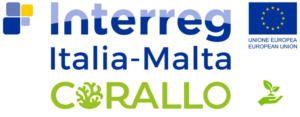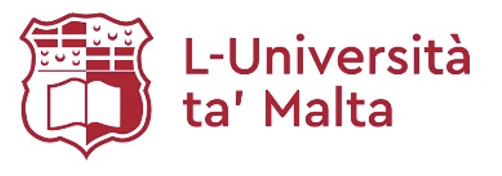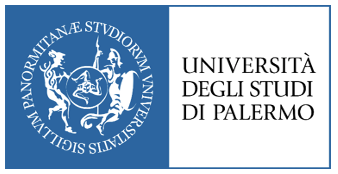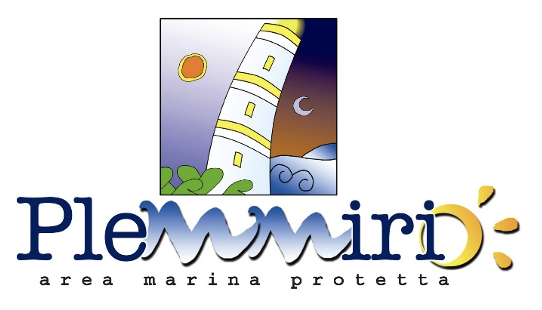What
Sicily and Malta are subject to intense urbanisation pressure, especially in coastal and marine areas, as well as inappropriate and insufficient resources allocated for the management of Natura 2000 sites. Implementation of management measures within Natura 2000 sites is inadequate, such that the same sites are poorly managed, with the consequence that the enjoyment of the same sites is not properly regulated, leading to considerable environmental impacts. Yet another common feature of Sicilian and Maltese Natura 2000 sites is the low degree of appreciation, due to a low degree of awareness by the general public of the assets held by the same sites, with only a limited number of Natura 2000 site users / visitors being fully cognisant of such assets. CORALLO aims to address such challenges through i) joint development (i.e. each deliverable will be simultaneously implemented in Malta and in Sicily), ii) joint implementation, through the identification of respective tasks and roles and through iii) joint funding (project budget is roughly equally divided between Maltese and Sicilian partners, with adequate funds being allocated to each project partner).







